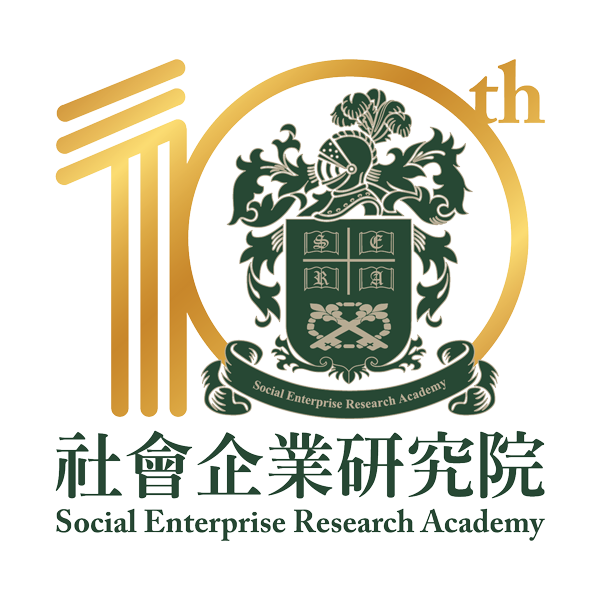Written by: Frank H. Fu, BBS, MH, JP, Professor Emeritus, Hong Kong Baptist University
Posted on: 30/8/2021 SCMP A12
In the Tokyo Olympic Games, Hong Kong won one gold, two silver and three bronze medals – a remarkable achievement for a city with only 7.4m residents.
The Chief Executive reacted promptly, indicating that more resources would be allocated to support sport and local athletes.
Besides bringing glory and recognition to Hong Kong, medal winners were also given incentive awards by commercial sponsors.
But how about those who did not win any medals? They also sacrificed their personal lives, deferred their education and career, and might also be prone to suffer psychological and injuries-related health problems.
While placement programmes were coordinated by the Sports Federation and Olympic Committee of Hong Kong and the Hong Kong Sports Institute, several athletes told me these placements failed to meet their expectations and that they wanted to have better careers than serving as interns/apprentices or supply teachers/helpers in schools.
The local universities were very supportive in admitting elite athletes, provided them with scholarships and allowing them to defer their enrolment until they retire from competition. However, only a few of them have the expertise to counsel retired elite athletes and to match their talents with their expectations in life.
It was thus timely for us to consider setting up a Hong Kong Elite Athlete Professional Development Centre to serve elite athletes (both abled and disabled) who would be retiring within a year and with a follow up of the next 5 years if needed.
The terms of references could be to offer education and job training, to provide professional job counselling and placements and medical and health services, to provide a clearing house for all matters related to retired athletes, to provide and develop a network of supportive local corporations, tertiary institutions and sponsors, and to provide a permanent facility with offices, hostels and training/detraining.
The Center should be set up and funded by the Home Affairs Bureau, ideally with an endowment fund from the Government and Hong Kong Jockey Club and a permanent venue with facilities.


